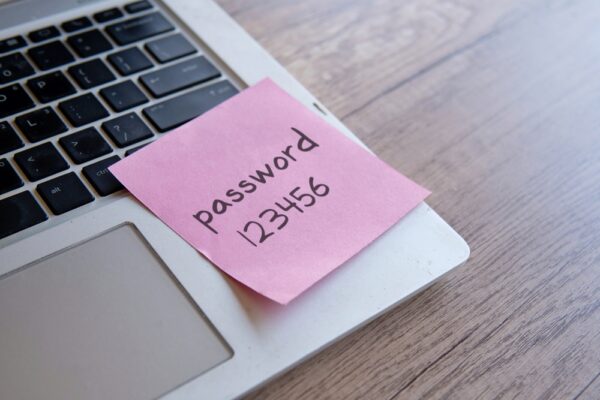
Frequently Asked Questions
1. What if the person who contacted me seems very professional and friendly?
This is a key part of their strategy. Scammers are experts in building rapport and trust. They are often charming, polite, and seem genuinely interested in helping you. They may talk about their own family or share personal stories to create a connection. Do not let their personality override your good judgment. A friendly demeanor has no bearing on the legitimacy of an investment. Always follow the verification steps, no matter how trustworthy the person seems.
2. I received an email about a “can’t-miss” investment from a friend’s email account. Is it safe?
Be very cautious. Scammers often hack email and social media accounts to send fraudulent messages to the person’s entire contact list. Because the message appears to come from someone you know and trust, you are more likely to click the link or consider the “opportunity.” Always verify directly with your friend by calling them on the phone (do not reply to the email) to confirm they sent the message and that the investment is legitimate. More often than not, you’ll find their account was compromised.
3. Where can I check if an investment advisor is licensed and legitimate?
The best place to start is FINRA’s BrokerCheck (brokercheck.finra.org). It is a free, easy-to-use tool that provides licensing information, employment history, and any customer complaints or disciplinary actions for brokers and advisory firms. You should also contact your state’s securities regulator, which you can find through the North American Securities Administrators Association (NASAA) website.
4. I think I’ve already sent money to a scammer. What should I do now?
First, do not be ashamed or embarrassed—these criminals are incredibly skilled. The most important thing is to act quickly. Stop all contact with the scammer immediately. Do not send any more money, even if they promise you can get your initial investment back by paying a “fee” or “tax.” Gather all records of your communication and transactions. Report the scam to the Federal Trade Commission (FTC), the Securities and Exchange Commission (SEC), and your local police department. If you paid with a wire transfer or gift card, contact the company immediately to see if the transaction can be reversed.
5. Are cryptocurrency investments safe for seniors?
Cryptocurrencies like Bitcoin are highly speculative and extremely volatile, meaning their value can swing dramatically in a very short period. They are also a favorite tool of scammers due to their complexity and the difficulty in tracing transactions. While some people have made money, many have lost their entire investment. For most seniors living on a fixed income, the high-risk nature of cryptocurrency makes it an unsuitable investment. Be especially wary of anyone promising “guaranteed” or “safe” returns from crypto—this is a hallmark of a scam.
For expert guidance on senior health and finance, visit Eldercare Locator, AARP, Alzheimer’s Association and American Heart Association.
|
Fact-Checked Content
Our editorial team reviews all content for accuracy and updates it regularly. Learn about our editorial process →
|


















